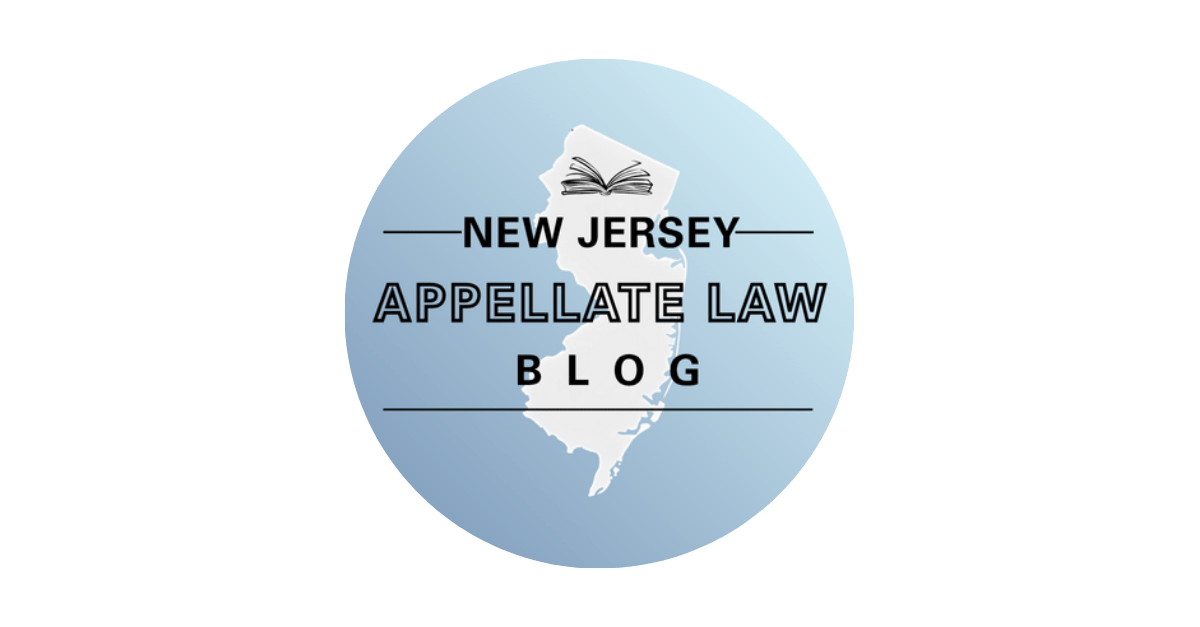In the Matter of A.D., an Alleged Incapacitated Person, ___ N.J. ___ (2024). This case was an appeal from a decision of the Appellate Division, discussed here, that the Office of Adult Protective Services (“APS”) had no obligation to pay fees to a court-appointed attorney or a temporary guardian. No statute or Court Rule authorized a fee claim against APS. Today, in a unanimous per curiam opinion, the Supreme Court affirmed.
The Court noted that under the American Rule, fee-shifting will not occur unless a statute or Court Rule permits it. Today’s opinion discussed two such exceptions to the American Rule: “The first is the exception for ‘all cases where attorney’s fees are permitted by statute.’ [Rule] 4:42-9(a)(8) …. The second is the exception prescribed by court rule that allows fee awards in specific probate actions, including guardianship proceedings in certain instances. [Rule] 4:42-9(a)(3); [Rule] 4:86-4(e).”
Neither exception warranted fees here. The first exception did not authorize fees because while the statutes governing guardianships “provide for fee awards against the estate of the alleged incapacitated person,” they do not “authorize[ ] an award of fees against an adult protective services provider such as APS,” the same conclusion that Judge Gummer reached in her opinion for the Appellate Division.
The second exception also did not help the fee claimants. Rule 4:42-9(a)(3) provides that “[i]n a guardianship action, the court may allow a fee in accordance with [Rule] 4:86-4(e) to the attorney for the party seeking guardianship, counsel appointed to represent the alleged incapacitated person, and the guardian ad litem.” Rule 4:86-4(e) states that “[t]he compensation of the attorney for the party seeking guardianship, appointed counsel, and of the guardian ad litem, if any, may be fixed by the court to be paid out of the estate of the alleged incapacitated person or in such other manner as the court shall direct.” The fee claimants relied on the language that a fee may be fixed “in such other manner at the court shall direct.”
The Supreme Court rejected that view. The language of the Court Rule “does not create a new exception to the American Rule,” as “[t]he Legislature has not authorized fee awards in these cases against any entity but the alleged incapacitated person’s estate.” Moreover, “the record indicates that APS does not have sufficient resources to pay the fees of court-appointed counsel and temporary guardians. The suggestion that this Court should order an increase in APS’s funding ignores separation of powers principles. See N.J. Const. art. III, ¶ 1.”
The claimants relied on In re Guardianship of DiNoia, 464 N.J. Super. 562 (App. Div. 2019, where the court “affirmed an order requiring APS to pay the legal fees of court-appointed counsel because APS had ‘protracted the litigation.’” The Supreme Court noted that DiNoia cited no authority for that result and declined to follow DiNoia.
The Court concluded by recognizing the importance of guardianships and the professionals who play a role in them. But the Justices “caution[ed] trial judges handling guardianship matters that a lawyer asked to serve as counsel or guardian for an alleged incapacitated person should be told that the court anticipates the lawyer will serve pro bono if the estate lacks sufficient resources to pay the lawyer’s fees.” Though the lawyers here did not win fees, the Court did thank them “for their exemplary work” in the matter, a consolation prize.

